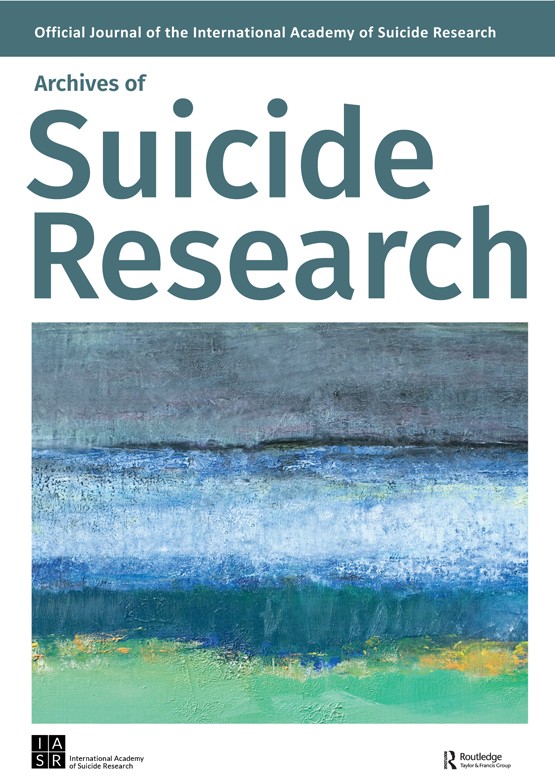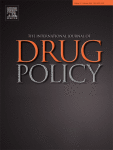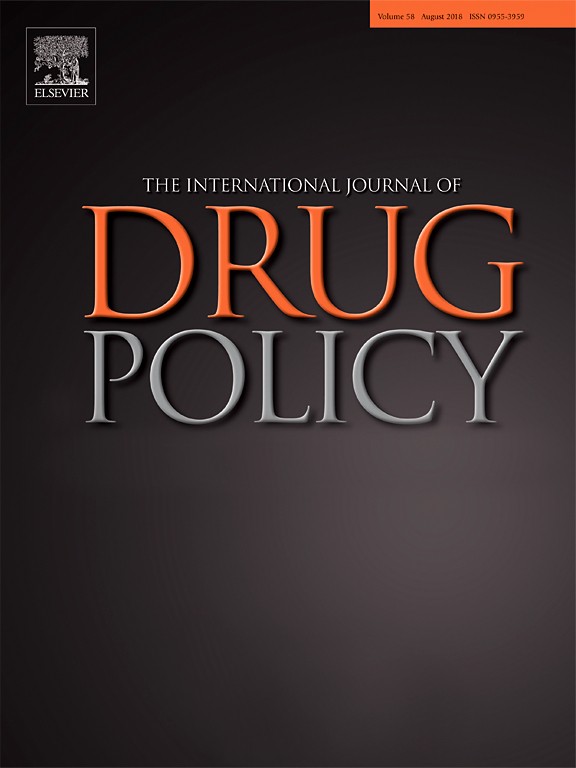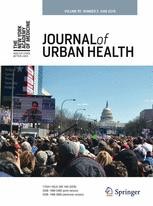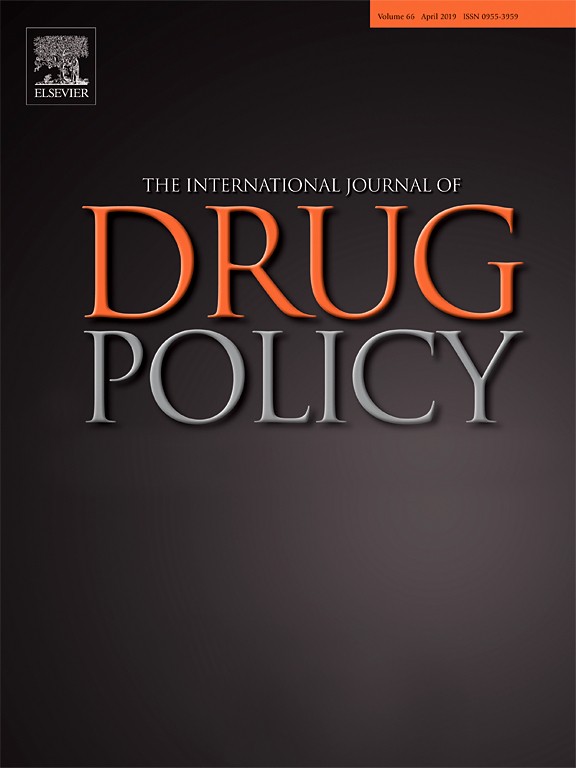Leadership
Dr. Wu's HIV prevention and intervention research emphasizes social justice and ameliorating health disparities by targeting “-isms.”
While Dr. Wu's research focuses on the health disparities faced by marginalized groups—such as the extraordinarily high rates of HIV infection among Black men who have sex with men—the interventions he develops and tests seek to ameliorate these health disparities by targeting structural and systemic racism, especially anti-Black racism; heterocentrism and homophobia; oppression and discrimination; stigma; and ableism and other “isms.”
Dr. Wu is the Co-Director of the Social Intervention Group and the Co-Director of the HIV Intervention Science Training Program for Underrepresented New Investigators. His experience includes direct clinical practice with individuals, couples, and groups with agencies serving primarily the lesbian, gay, bisexual, queer, and transgender communities; evaluation of violence prevention programs for partner violence in same-/similar-sex relationships; and program development and evaluation for criminal justice-involved adolescents and adults.
Research Interests:
Dr. Wu’s research has addressed the following:
- Addressing intersectionality among sexual/gender diverse and BIPOC (Black, Indigenous, and People of Color) communities;
- Services research, which investigates the impact of structural and program characteristics as well as their interactions with client attributes in shaping the efficacy and utilization of services;
- Systems science to investigate and dissect the dynamics of interacting units;
- Prevention and intervention research to advance theoretical frameworks used to understand social issues and intervention programs with scientific evidence of efficacy and effectiveness;
- Science of sociobehavioral research training to systematically identify the needs, challenges, and supportive mechanisms that advance the skills and success of new investigators; and
- Methodological advances to address and overcome challenges inherent in sociobehavioral research that are not encountered in the natural sciences.
Current Grants & Projects:
- UNI: Increasing Involvement of men who have sex with men in the Continuum of Care in Kazakhstan
- Connect n’ Unite, HIV Prevention for African American, Methamphetamine-Involved Male Couples
- Service Use, ATI Program Outcomes, and Pro-Social Change
- Novel
- HIV/STI Prevention for Drug-Involved Couples
- HIV/STI Risk Reduction for African American Couples
- Identifying Factors That Affect HIV Treatment Adherence Among IDUs in Shymkent, Kazakhstan
- Couples-Based HIV/STI Prevention for Injecting Drug Users in Kazakhstan
- HIV Intervention Science Training Program for Minority New Investigators
- Combined Treatment of Alcohol Dependent Women with PTSD
- Using Multimedia and the Internet to Disseminate a HIV/STI Prevention Intervention
- Modeling the Impact of Group Membership Turnover in Ecologically-Valid Treatment




